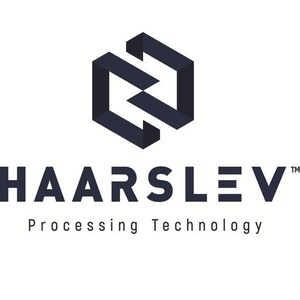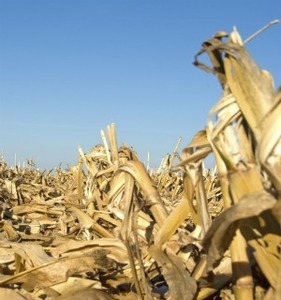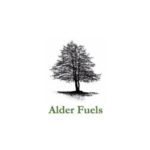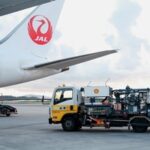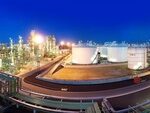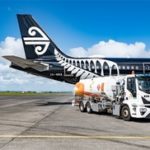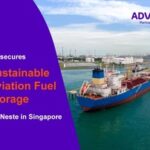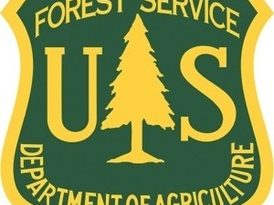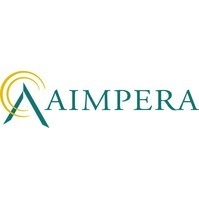Signature Aviation expands supply of Neste SAF in California
Energy Disrupter
By Neste Corp. | October 19, 2022
ADVERTISEMENT
Signature Aviation, the world’s largest network of Fixed-Base Operations (FBO) delivering essential support services at private aviation terminals, announced today that it has expanded the availability of Neste MY Sustainable Aviation Fuel (SAF) to all of its locations in California.
Business aviation users now have greater access to SAF in California, enabling them to reduce greenhouse gas emissions of their air travel when flying from Signature Aviation’s private aviation terminals at San Diego International Airport, Santa Barbara Municipal Airport, Fresno Yosemite International Airport, and Palm Springs International Airport. This brings SAF available to all 10 of Signature Aviation’s owned locations in California.
SAF has been widely acknowledged as a key element in helping to achieve aviation’s emissions reduction goals. Together with Neste, the world’s largest producer of sustainable aviation fuel, Signature is accelerating the business aviation industry’s journey towards net-zero carbon emissions. This expansion of SAF availability is built on the existing partnership between Neste and Signature from 2020. Through the scope of the current partnership, Neste and Signature will deliver over 29 million gallons (89,000 tonnes) of blended SAF, reducing over 62 thousand tonnes of greenhouse gas (GHG) emissions, equivalent to the emissions from more than 13,000 cars in a year.
“SAF is recognized as the most effective way to reduce GHG emissions from air travel and an important solution to reaching the business aviation industry’s pledge to achieve net-zero carbon emissions by 2050,” says Chris Cooper, President of Neste US. “Together, Signature and Neste are meeting the industry’s growing demand by increasing the volumes and locations where customers can have easy access to SAF to achieve their bold climate goals.”
“Two years ago we announced our first permanent supply of sustainable jet fuel for private aircraft in San Francisco. Since then, we’ve maintained a sharp focus on investing in the supply chain, collaborating with our customers, and expanding availability with Neste. The result today is 10 Californian locations that can decisively provide the solution to reducing private aircraft carbon emissions,” shared Beatrice Batty, Director, Fuel Operations for Signature Aviation.
This expanded availability is enabled by Neste’s growing production capacity – Neste will be able to produce 515 million gallons of SAF (1.5 million metric tonnes) annually by the end of 2023. Neste has a bold carbon handprint goal to help its customers reduce their greenhouse gas emissions by at least 20 million tonnes annually by 2030, as well as to reach a target of carbon neutral production by 2035.
For Signature Aviation, the expanded availability of SAF in California represents a central objective of Signature Renew, its company-wide sustainability initiative. As the first FBO worldwide to offer a permanent supply of SAF, Signature Aviation is continuing to provide a multitude of practical solutions to help operators work towards emission goals. To date, Signature offers a sustainable aviation fuel option for privately operated aircraft at aviation service facilities in California, Colorado, Washington, Alabama, Texas, and the United Kingdom.
SAF delivers the performance of conventional jet fuel but with a significantly smaller carbon footprint on a life cycle basis. Using Neste MY Sustainable Aviation Fuel in its neat form reduces greenhouse gas emissions by up to 80 percent over the fuel’s life cycle compared to using fossil jet fuel. Neste MY SAF is produced from 100 percent sustainably-sourced, renewable waste and residue raw materials, such as used cooking oil from restaurants and animal fat waste. SAF is blended with conventional jet fuel and works seamlessly with existing fueling infrastructure and aircraft engines. Neste MY Sustainable Aviation Fuel™ is a today solution, commercially available and in use worldwide.
*Calculations use established life cycle assessment (LCA) methodologies, such as CORSIA methodology.

